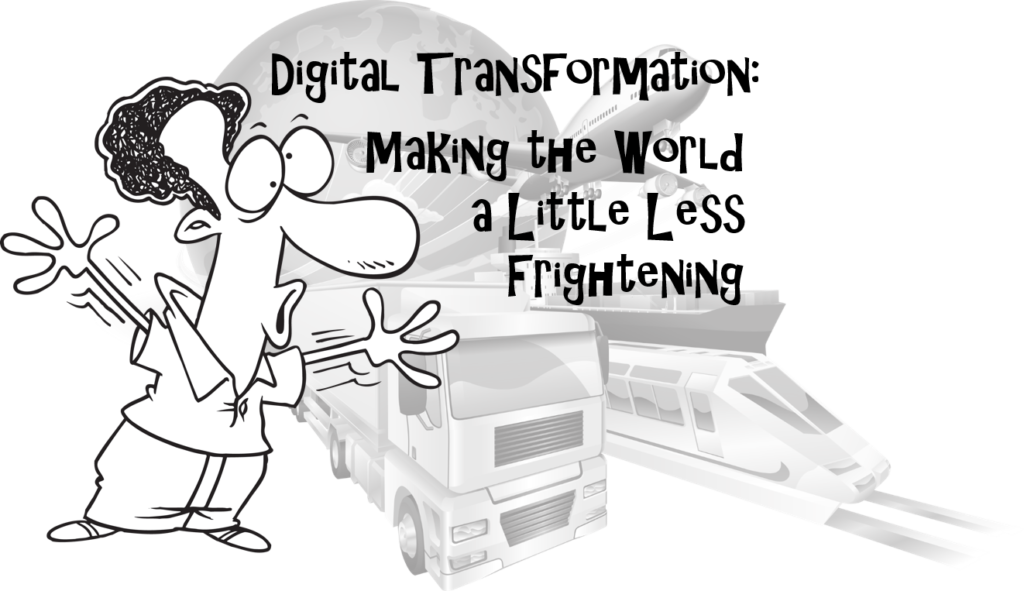
Digital Supply Chains Can Make the World Less Frightening
Pundits toss around a lot of names for times in which we live — the Computer Age, the Information Age, the Digital Age, etc. Whatever you want to call the era in
In this blog, we discuss cognitive computing and other technologies with a focus on supply chain management and innovation. Other topics of discussion include digital enterprise transformation, marketing, the Internet of Things, and smart cities. Our goal is to advance the public discussion about how cognitive computing and other advanced technologies affect the world in which we live.
Bradd C. Hayes is the active editor of this blog.

Pundits toss around a lot of names for times in which we live — the Computer Age, the Information Age, the Digital Age, etc. Whatever you want to call the era in
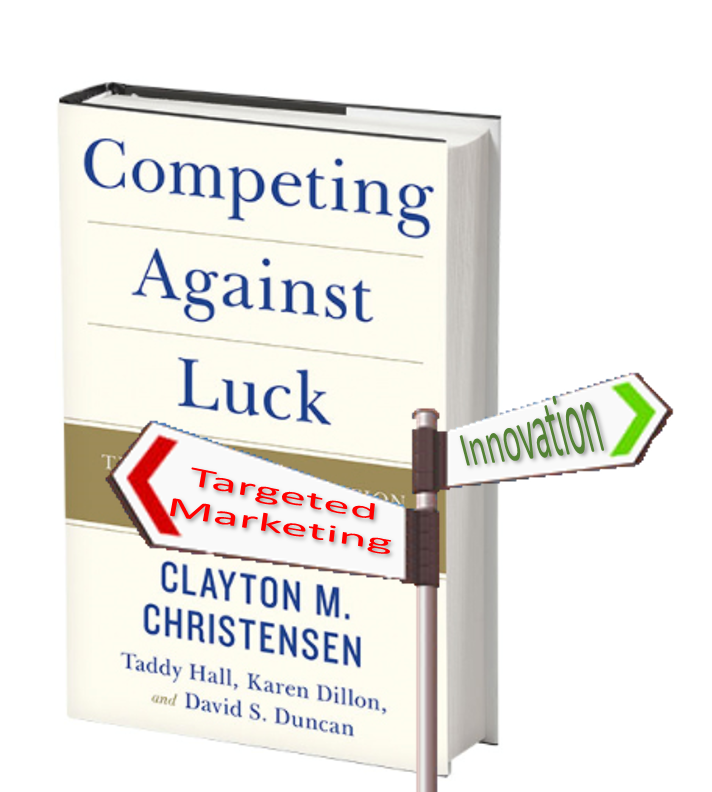
Have you ever heard of job theory (or the Theory of Jobs to Be Done)? In the coming years, it may become as familiar to you as the phrase “disruptive innovation.” Both
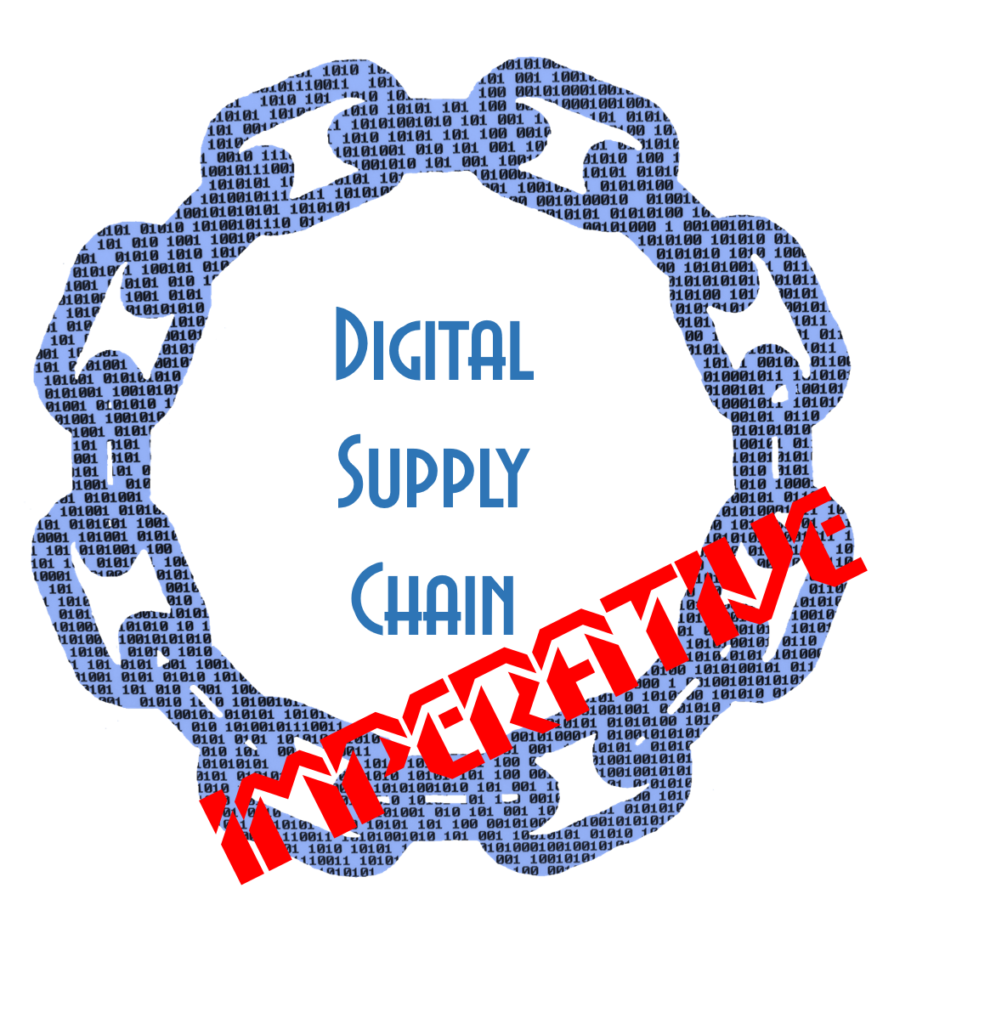
“Supply chain is one of the last places where you have all of these analog problems,” asserts Trae Stephens (@traestephens), a principal at Founders Fund, “and there’s so much room for these
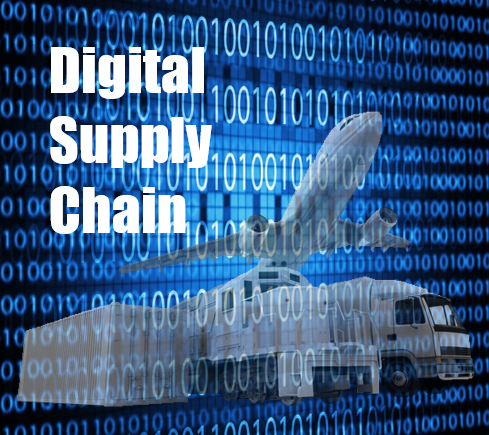
In the first part of this article, I discussed why so many analysts insist supply chain transformation (i.e., building a digital cognitive supply chain) is essential for success over the next decade.
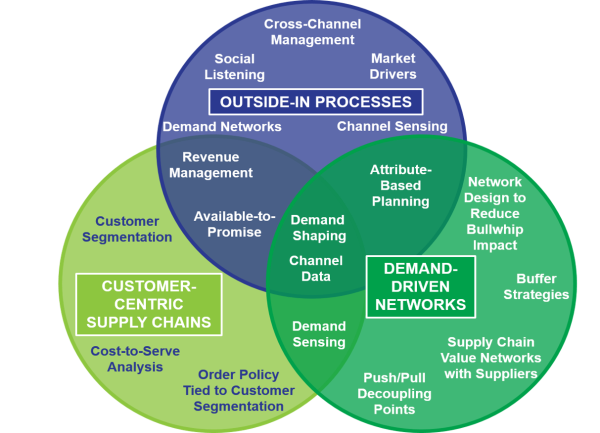
No shortage exists of pundits who insist corporate supply chains must transform over the coming decade. Although their transformation strategies differ, one thing the pundits have in common is the belief that
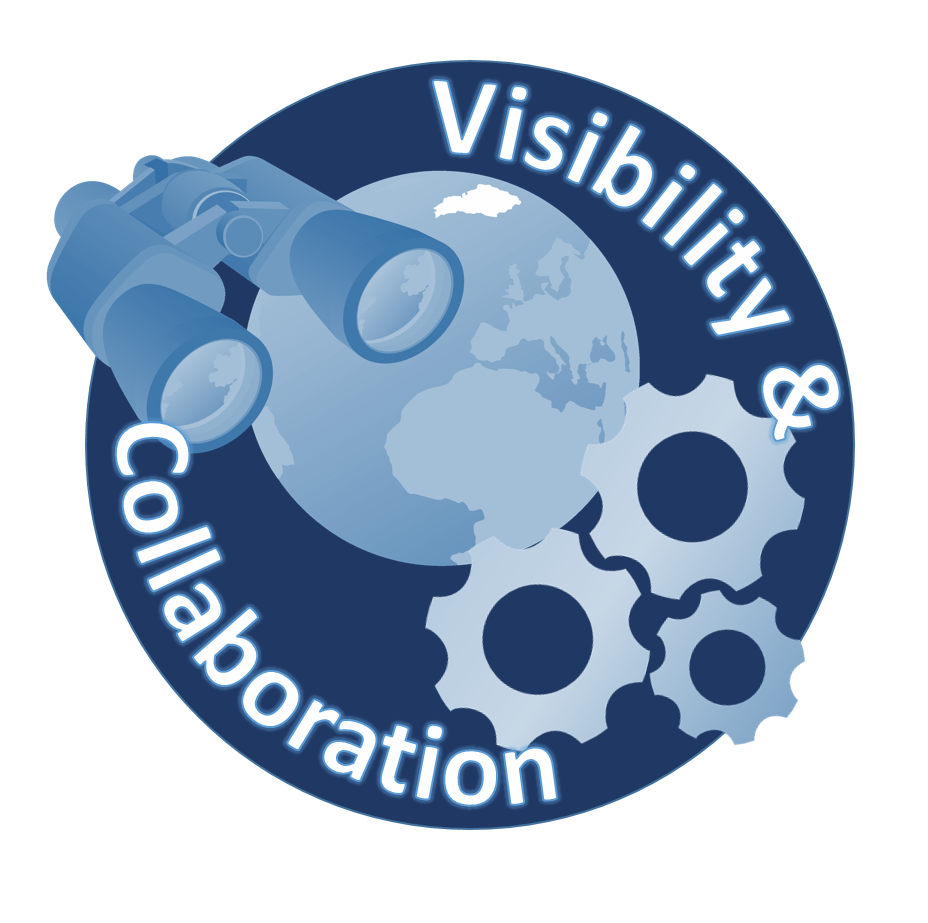
“A lack of supply chain visibility and ineffective collaboration [are] often the reason[s] for poor supply chain performance,” asserts Antonia Renner (@AntoniaRenner), a Senior Solutions Marketing Manager at Informatica. “[They] often lead

Supply chain risk management is a full-time job. Logically that means chief executive officers (CEOs) must delegate that responsibility to someone who can dedicate their full attention to the endeavor. Having delegated

“Big data is reshaping the world,” asserts Joe Lodewyck (@joelodeaz), dean of assessment at the University of Phoenix College of Information Systems and Technology. “Only time will tell whether this is good

“It’s not enough just to manage your own company’s supply chain anymore,” writes Ben DiPietro (@BenDiPietro1).[1] By that he means that supply chains are no longer linear or sequential; rather, they are part of
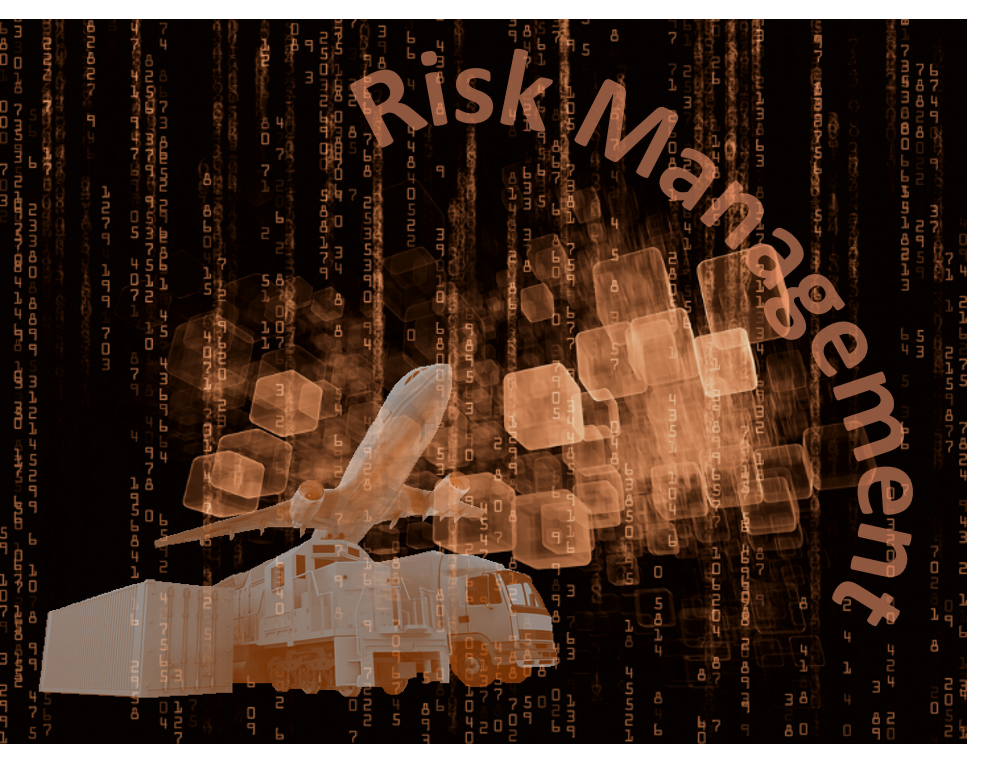
“There is general unease about the state of the global economy with its increase in operational risk,” writes the staff at Material Handling & Logistics (MH&L).[1] That’s why Adam Robinson (@TweetsByARob), Director
All Rights Reserved. Privacy Policy | Terms and Conditions ©2024 Enterra Solutions LLC® | Click for Accessibility

inquiries@enterrasolutions.com